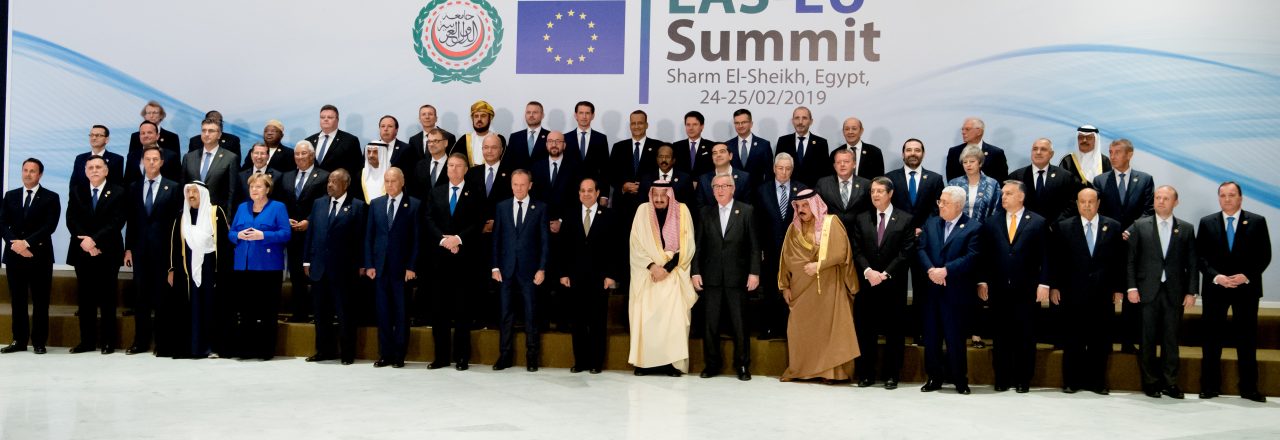
Paper
On the Insufficiencies and Dark Side of the Principle of Differentiated Bilateralism

Abstract
One of the pivotal objectives of the 2016 EU Global Strategy (EUGS) is to build societal and state resilience in the European Union (EU) neighbourhood. Besides this focus on resilience, both the reviewed European Neighbourhood Policy (ENP) of 2015 and the EUGS emphasise catchwords such as flexibility, local ownership, comprehensiveness and principled pragmatism. Against that backdrop, the paper will take issue with yet another principle of both the EUGS and the ENP, “differentiated bilateralism”, and in this regard examine and discuss the extent to which it does underpin and affect the practical implementation of the ENP and its overarching goal of creating an area of peace, prosperity and stability.
The essay is a critical assessment of the current state of the ENP through the prism of the principle of differentiated bilateralism, beyond – not necessarily departing from – the debate between normative and realist approaches of EU foreign policy (Cavatorta & Rivetti, 2014) and in the belief that realism and idealism could be complementary rather than mutually exclusive. Drawing on a thorough revision of the literature and the effects of the ENP on the ground, the paper contends that the implementation of the differentiation principle results in much of the inefficiencies of the EU’s vision towards the Southern Mediterranean.
After an introduction on the evolution and debates hinging on the concept at issue, the text will first focus on a macro level, in reference to the phases before negotiation and implementation, in which the principle of differentiation is insufficiently and imperfectly applied, in a way that mirrors a Eurocentric approach that epitomises the structural asymmetries between the EU and its southern partners. Secondly, it will divert attention to the areas in which various types of differentiation have been implemented, casting light anew on several of the deficiencies of the Eurocentric approach. The problem, thenceforth, is not differentiation but what differentiation meant when it was uttered on different occasions across policy reviews. The paper will hence attempt to point how an altered interpretation of differentiated bilateralism could help revive less ambitious but more horizontal Euro-Mediterranean policies.


